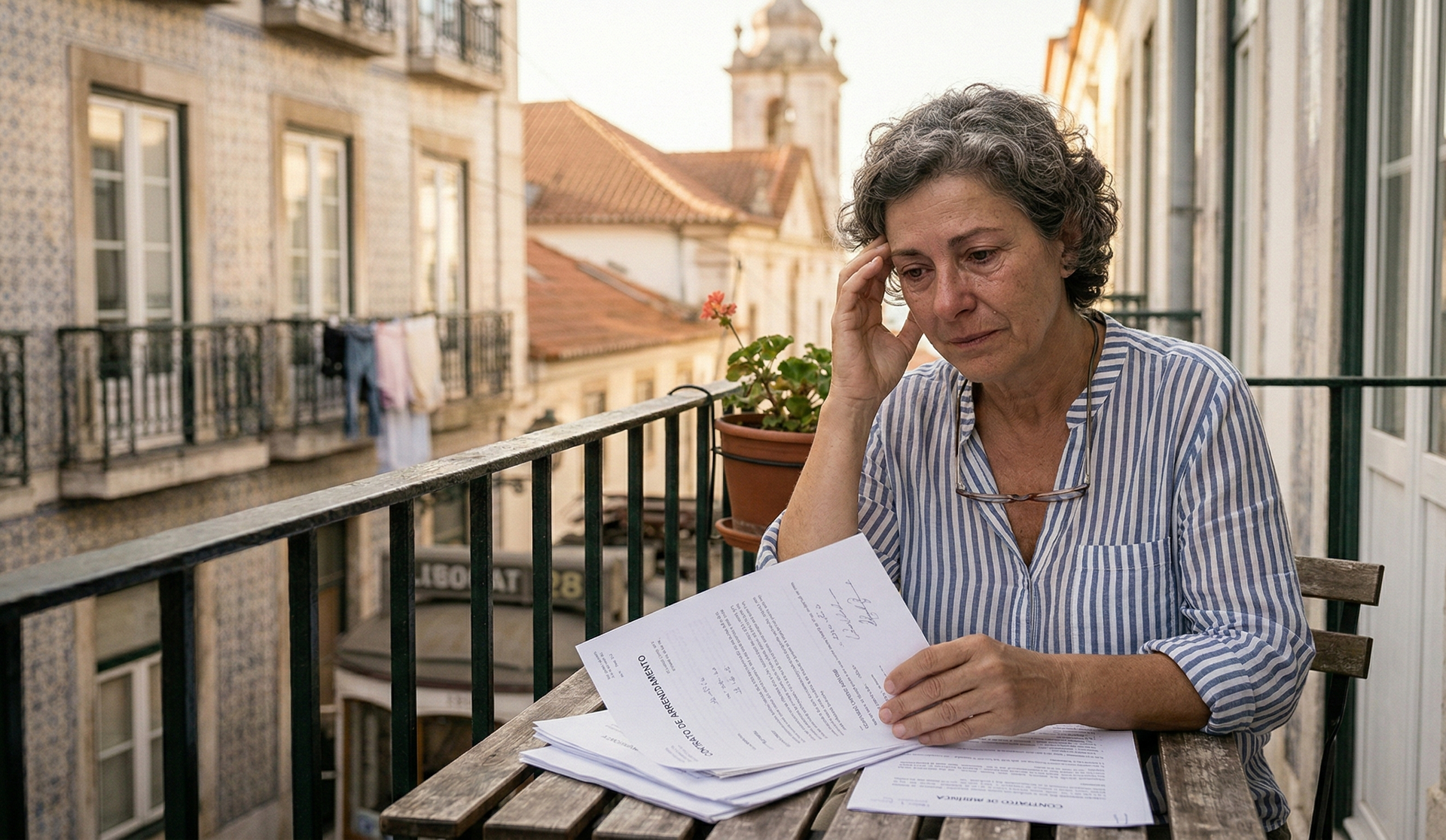Reminder for Expats with Children: What You Need to Know Before Relocating
Relocating to a new country can be a thrilling and challenging adventure, especially when you have children. There are many things to consider before making the move, such as finding a new home, settling in, and adapting to a new culture. However, when you have children, there are additional factors you should take into account to ensure their well-being and comfort.
The first and most important thing to consider when relocating with kids is ensuring their safety and health. Before you relocate, you need to make sure that your child has health insurance and depending on your child's age, the cost of insurance can be more expensive than adult insurance. Therefore, it is vital to research the healthcare system in your new country and find out about health insurance policies for your children. It is also necessary to consider vaccinations and preventive measures to keep your kids healthy in their new home. Once your children become legal residents in Portugal, they also have access to the national health system.
Another critical factor to take into account when relocating with kids is their education. It is crucial to research and find out about schools or kindergartens in Portugal to ensure your children's access to education. This includes not only researching the quality of schools but also finding out about the application process, enrolment requirements, and the curriculum. It is essential to determine how accommodating schools are for children who don't speak Portuguese.
Additionally, you will need to prepare all the necessary visa documents for your kids. This includes their passport, birth certificate, and other relevant identification documents. Also, keep in mind that until the age of three, children don't need to accompany their parents to the immigration office. Still, from ages three to fifteen, it is necessary for them to be present during the application process.
In addition to all of these vital factors, it is very important to ensure that your kids can adapt easily and happily to their new environment. This includes researching and finding out about the culture, values, and practices of your new country and finding ways to introduce your children to them. It is crucial to find activities and groups where children can socialise and make new friends. It is also an excellent opportunity to teach them about different cultures and the value of diversity.
Relocating with children can be an exciting and enriching experience. However, it is essential to keep in mind the unique challenges and responsibilities that come with it. Our advice would be to prepare well in advance, research thoroughly, and ensure your children's well-being and safety. By following these simple guidelines, you can make sure that your family's relocation journey is smooth and stress-free.
Feel free to reach out to us if you would need assistance in gathering all the documents and information regarding your relocation to Portugal with your children.










